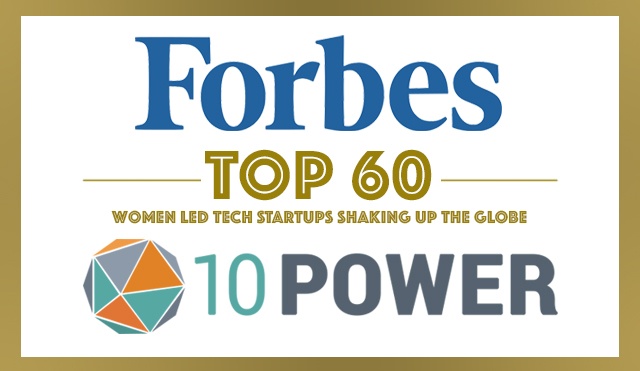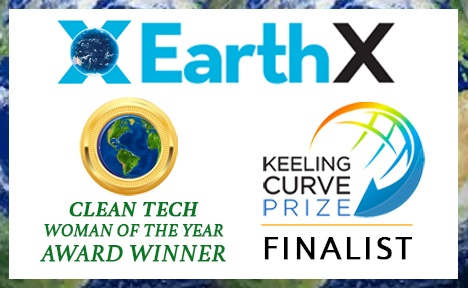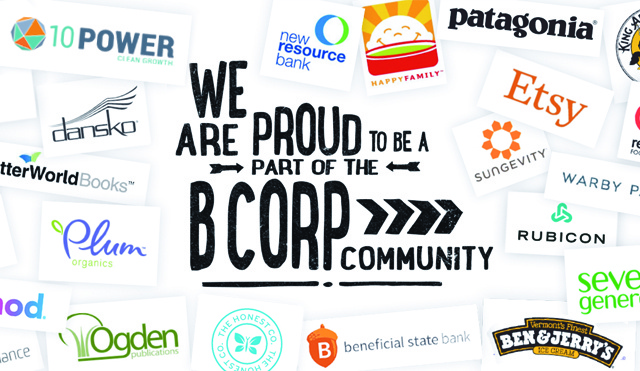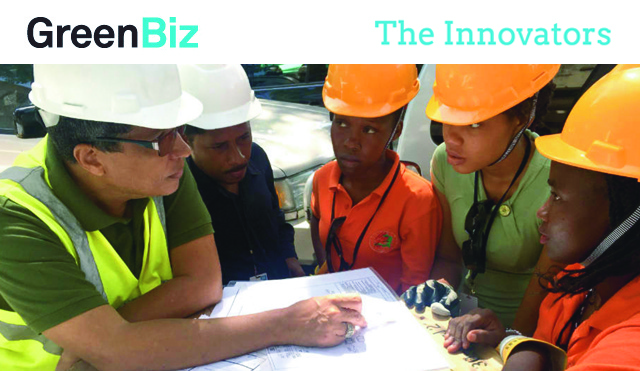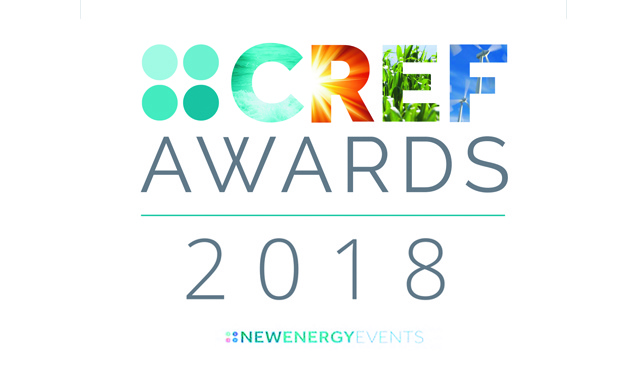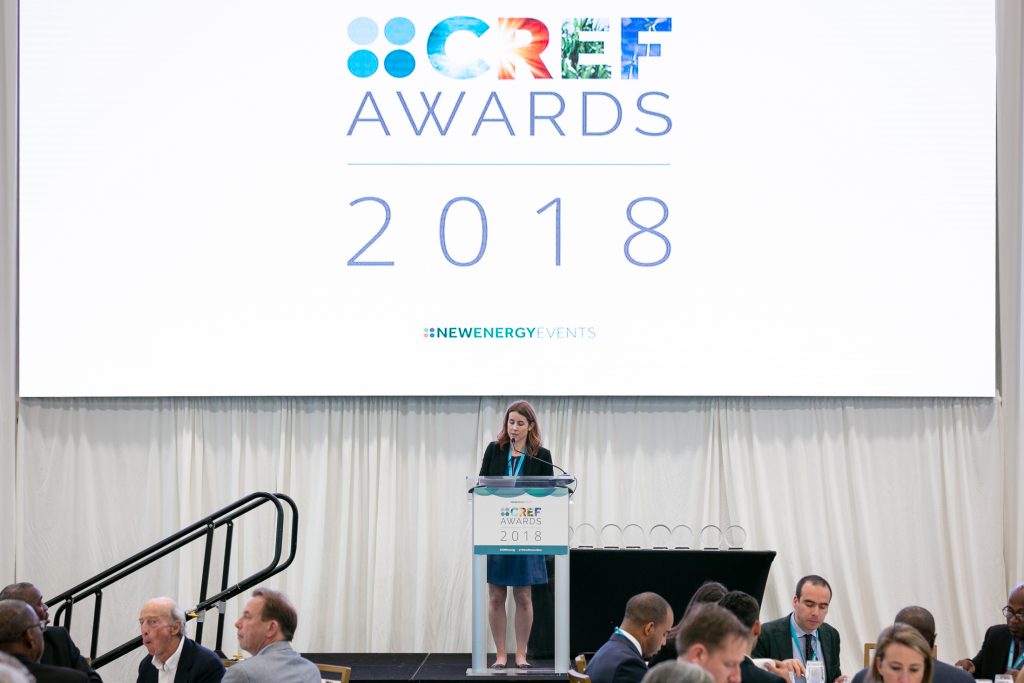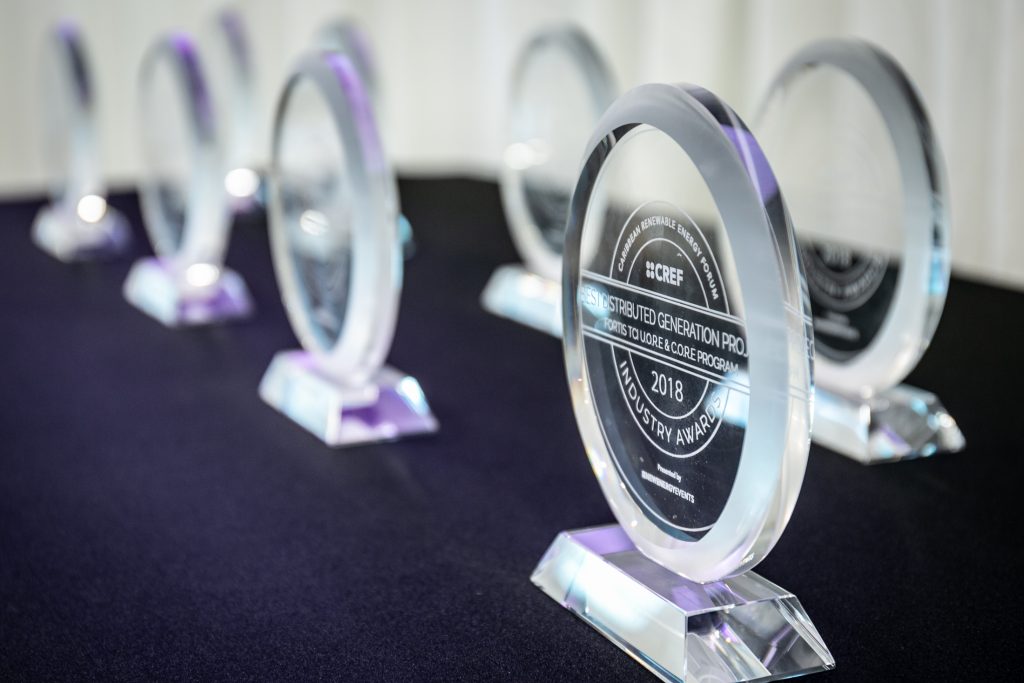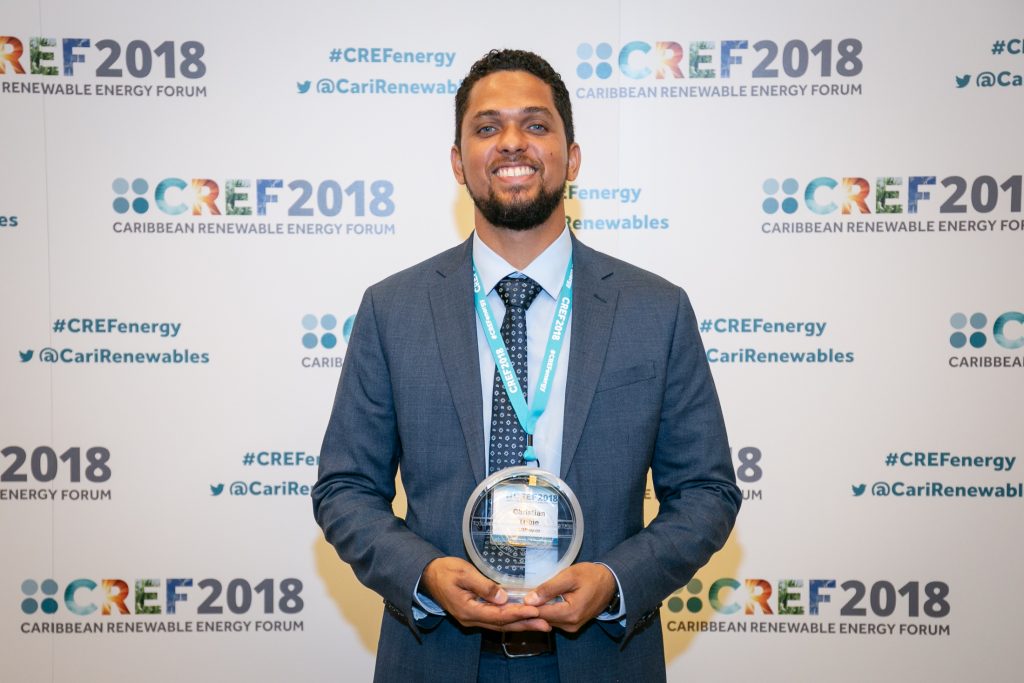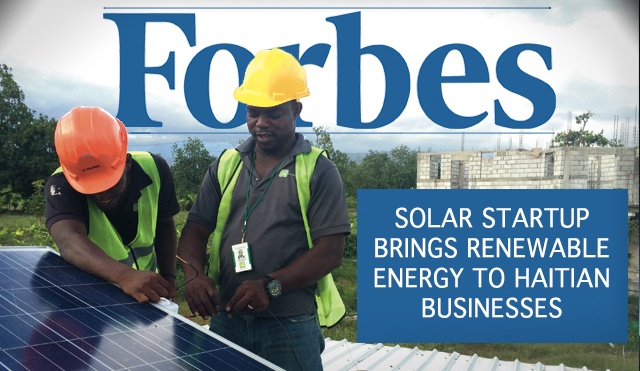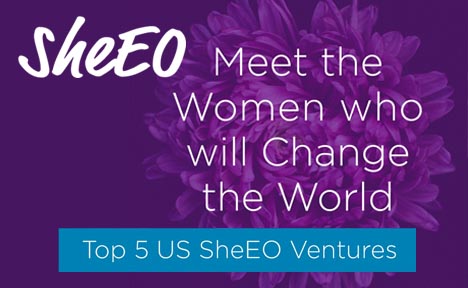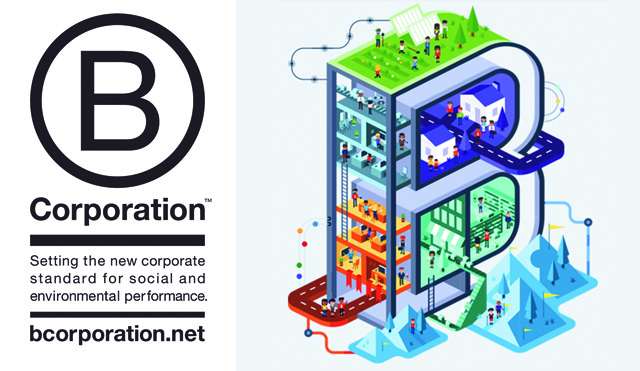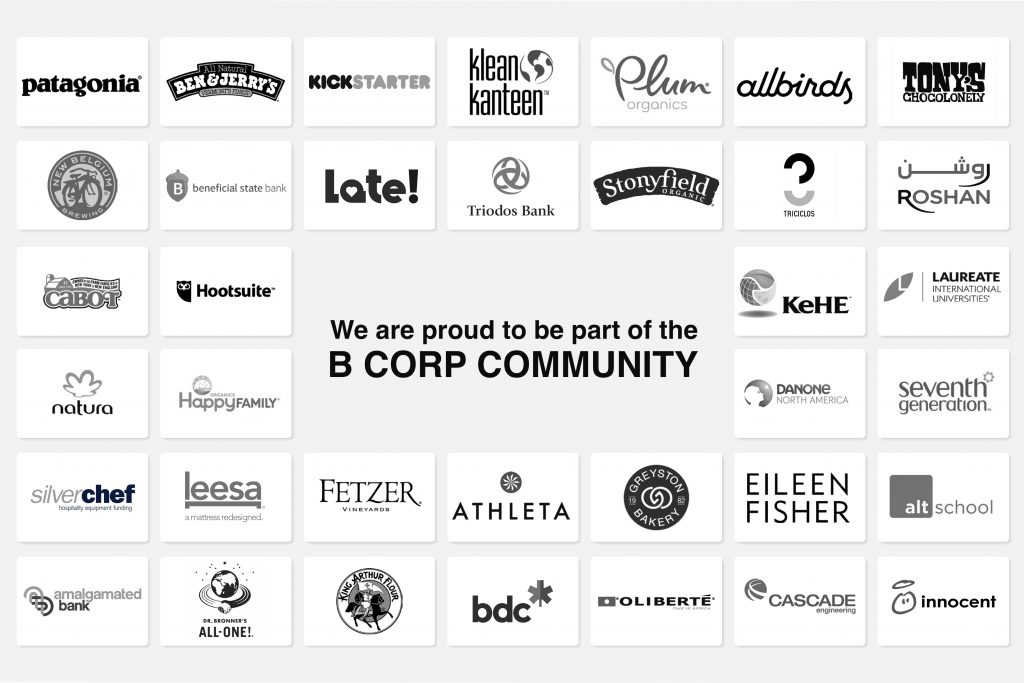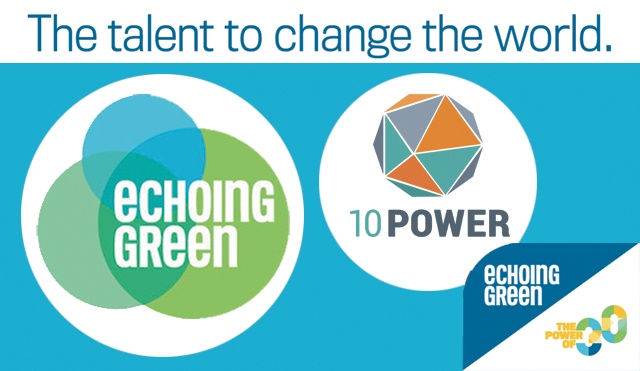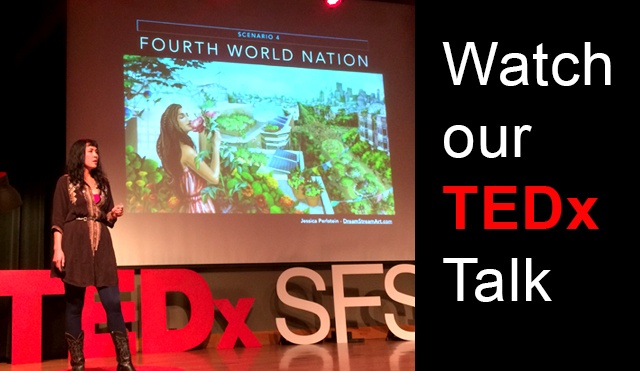60 Women-Led Startups That Are Shaking Up Tech Across The Globe
Published in Forbes by Allyson Kapin: https://www.forbes.com/sites/allysonkapin/2018/09/19/60-women-led-startups-who-are-shaking-up-tech-across-the-globe/#7073193075da
We have a big problem in the startup and tech world that is not only squashing innovation, but is leaving billions of dollars on the table for every single investor. I’ve reviewed thousands of startup pitches and have found that many of the game-changing products that have the potential to make a huge impact on this world happen to be run by women and people of color. Despite this, only 10% of funding globally goes to women-led startups. And, as I’ve written about before, the funding for women of color is far more dismal.
For the past few years, many investors have publicly committed to funding more women founders, yet somehow, the percentage of women founders funded hasn’t budged. Even after the public scrutiny the tech sector experienced in the face of the #MeToo movement, the amount of funding for diverse startups is paltry. If investing in startups led by women and people of color were a product, it would be considered one of the biggest product failures in startup history as “a product that stagnates for two years has a growth problem,” said Bo Ren who is a product adviser and investor.
Interestingly, hundreds of millions of dollars is being spent on diversity and inclusion initiatives by major tech companies to recruit more tech employees, but from what I see, not a dime of this is being spent on some of the company’s most important divisions: mergers and acquisitions and VC arms. If we crack that nut, it will open up a whole new world of funding being funneled into some of the most innovative companies around the world. There are thousands and thousands of women-led tech startups disrupting every industry you can think of: health, finance, transportation, education, fashion, energy, AI, Augmented Reality, and more.
Need some inspiration to find these next unicorns, or rather zebras, as Mara Zepeda, CEO and co-founder of Switchboard, and coauthors so eloquently stated? Here are 60 women-led startups (listed alphabetically) who are shaking up tech across the globe. A few on the list are companies that have been part of our Women Startup Challenges, where we are on a mission to close the funding gap. Others we’ve been following their products and traction. Research them. Introduce yourself to them. Fund them!
- #1. 10Power (Haiti) — 10Power invests in renewable energy projects that can be paid back over time, providing access to clean power in the places that need it most. Founder: Sandra Kwak
- Abartys Health (Puerto Rico) — A healthtech startup that facilitates and streamlines communication between insurance companies and healthcare providers. Co-founders: Dolmarie Mendez and Lauren Cascio
- Accompany (United States) — Through artificial intelligence and machine learning, Accompany is a virtual chief of staff, providing one with all of the information they need about anyone they are meeting with in a given day. Co-founder: Amy Chang
- AIM (Korea) — An automated investment management platform creating Korea’s very first robo-advisor for investment management. Founder: Jihae Jenna Lee
- Automio (New Zealand) — A lawyer bot that interviews clients and frees legal staff from tedious legal work. Founder: Claudia King
- Azimo (Poland and England) — Works with large payment companies worldwide to ensure that money transfers reach their destinations safely. They hold funds in most currencies around the world which means they can send money instantly to 60+ countries, and they work with partners in 195+ countries. Co-founder: Marta Krupinska
- Billie (United States) — A shave and body brand delivering premium-quality razors and skincare subscriptions at half the price of the competition. Founder: Georgina Gooley
- Chic by Choice (Portugal) — A next-generation dress rental player that allows women to access the newest designer dresses directly from the catwalk. Founder: Filipa Neto
- CloQ (Brazil) — Provides nano-credit and financial literacy resources, via an app, to the poor and the unbanked. Co-founder: Rafaela Cavalcanti
- Comparaonline (Chile, Colombia and Brazil) — A platform designed to add transparency to the process of purchasing insurance and applying for credit. Co-founder: Mariana Larrain
- DEKO EKO (Poland) — An upcycling platform that works with the best designers globally to create well-designed consumer products out of carefully selected waste materials from the largest companies and brands. Founder: Agata
- Frankiewicz
- Devoleum (Italy) — Tracks and stores every single step of the extra virgin olive oil supply chain in the blockchain allowing the final consumer to know the entire history of each product, from the comfort of their smartphone. Co-founder: Elisa Romondia
- Digitail (Spain) — Digitail is a software startup for veterinary clinics that is AI-enhanced, fully customizable and easy to use. Co-founder: Ruxandra Pui
- EmptyTrips (South Africa) — Through machine learning and smart matching algorithms, the EmptyTrips platformcreates a marketplace where shippers, agents, and transport carriers can connect, bid for cargo, find transport assets to move their cargo, and even store or insure it for faster logistics, better economics, and a significantly lighter carbon footprint. Founder: Benji Coetzee
- Enterprise Bot (Switzerland) — Develops AI powered chatbots to automate customer interactions and provide enterprises with a readily accessible digital agent to improve customer experience and create operationally efficiency for companies. Co-founder: Ravina Mutha
- Fove Inc (US and Japan) — Created the first consumer friendly priced VR headset with complete eye-tracking technology. Founder: Yuka Kojima
- GrabTaxi (Malaysia) — A mobile app that connects customers directly to taxi drivers via phone. They submitted the plan to a Harvard startup competition in 2011. GrabTaxi is now available in 21 cities across the region. Co-founder: Tan Hooi Ling
- Hatch Apps (United States) — Using their automated app creation platform, users can launch native apps for iOS, Android and the web with no coding required. Co-founder: Amelia Friedman
- Humanitas (Jordan) — The company’s mobile video app Dandi enables organizations and youth to collaborate on local community issues. Co-founder: Julia Solano
- ImpactVision (United States and England) — Combines hyperspectral imaging with machine learning to provide information about the quality of foods. Co-founder: Abi Ramanan
- INOREVIA (France) — Develops and commercializes a new generation of patented technologies that miniaturize lab instrument volumes for analysis. This drastically reduces costs, time and manipulation necessary to perform next-generation bioassays and precision medicine. Co-founder: Amel Bendali
- JobsCentral (Singapore) — One of the largest job portals in Singapore with over 800,000 registered jobseekers at the time of its acquisition by US-based CareerBuilder in 2011. Co-founder, who exited: Shao-Ning Leigh Huang
- Laboratoria (Peru) — A Peruvian-based startup that teaches Latina women from low-income backgrounds to code for free. Co-founder: Mariana Costa Checa
- Mathaqi (Saudi Arabia) — An on-demand platform for delivery of home cooked meals. Co-founder: Nouf Alsaleem
- Medina’s Health (United States) — A data-driven marketplace helping healthcare organizations safely and securely buy and sell their surplus and short-date medical supplies and equipment. Co-founder: Chloe Alpert
- Mellow (Portugal) — A sous-vide machine that takes orders through your smartphone and keeps food cold until it’s the right time to start cooking for you remotely. Co-founder: Catarina Violante
- Menstrual Health Hub (Germany) — An online global platform specifically designed to be the home for all menstrual health actors and organizations. *Not all women and girls menstruate and not all those who menstruate identify as women or girl. Co-founders: Danielle I. Keiser and Milena Bacalja Perianes and Mariana de la Roche
- Motivo (United States) — A platform providing clinical supervision for mental health professionals online. Founder: Rachel McCrickard
- Nano-X (Australia) — Changing the delivery of radiation therapy from large reference centres to small-town hospitals. An advanced on-board imaging/planning system captures 3D images in real-time, controls the radiation beam, and automatically delivers the right amount of energy to the right tissue, requiring fewer dedicated staff. Founder: Ilana Feain
- NotesFirst (United States) — Electronic health record (EHR) platform for physicians to capture patient data via smartphone. Co-founder: Patricia Lopez
- NOVA (Germany) — The first bluetooth headset that can be integrated in earrings with a built in speaker, microphone, and volume control. Co-founder: Judith Gampe
- ObjectBox (Germany) — The first high-performance NoSQL, ACID-compliant on-device database for mobile and IoT. It’s 10X faster than the industry leader, and takes only 1/10th of the code to implement. Founder: Vivien Dollinger
- PetCloud (Australia) — An online community for pet parents to connect with pet sitters who have been screened and are ready to care for your pet. Founder: Deb Morrison
- Pops Worldwide (Vietnam and Global) — Produces mobile apps as well as licensing and publishing media. Since September 2008, it has been accumulating the licenses and distribution rights for most of Vietnam’s music – up to 90%. It is the primary licensee of Vietnamese music on YouTube. Co-founder: Esther Nguyen
- Qerja (Indonesia) — Allows jobseekers and employees to share information about companies publicly – much like the U.S. platform Glassdoor. Users go to the site to find transparent information about a company’s pay scale and hiring practices. Co-founder: Veronika Linardi
- Sampson Solutions, Ltd. (England) — Creating bio-based construction materials from sustainable sources using a closed-loop, carbon neutral manufacturing process. Founder: Colleen Becker
- Savitude (United States) — An AI platform that curates personalized fashion collections based on shopper’s individual shape and proportion. Co-founder: Camilla Olson
- She Leads Africa (Africa) — One of the first accelerators in Africa for women-led startups. Co-founders: Yasmin Belo-Osagie and Afua Osei
- Shupperz (Israel) — A social platform for connecting shoppers from all over the world enabling them to interact, inspire, share content, and shop for one another. Co-founder: Tal Rubenstein
- Sidekix (United States) — An urban discovery app which provides interest based routes across categories including shopping, culture, and nightlife. The app has had over half a million global downloads since its launch in 2016. Co-founder: Jenny Drezin
- SIRUM (United States) — SIRUM (Supporting Initiatives to Redistribute Unused Medicine) is the “match.com” for unused, unexpired medicine, matching it with people in need. Co-founder: Kiah Williams
- SocialCar.com (Spain) — A leading peer to peer car rental company (P2P carsharing). Founder: Mar Alarcon Batlle
- Solenica (Italy) — A smart natural lighting robot with an Italian design that’s beautiful, affordable and easy-to-use. They bring real sunlight into your home where the sun can’t reach. Co-founders: Diva Tommei and Mackenzie Garrity
- Solstice Energy Solutions (United States) — IoT and software to easily monitor, manage and control consumers and businesses energy sources in emerging markets. Co-founder: Ugwem Eneyo
- Tipa (Israel) — The company is set to address the dire need for food packaging that is genuinely ecologically-sensitive. Tipa is developing revolutionary biodegradable packages that automatically “perish” within 180 days. Co-founder: Daphna Nissenbaum
- Tonic App (Portugal) — An app for medical doctors. It increases the efficiency of clinical work: allows fast and safe discussion of patient cases, team collaboration and aggregates content for day-to-day professional use, such as drug conversion tables or clinical calculators. Co-founder: Daniela Seixas
- Travelshoot (Australia) — A service that helps you book a local photographer while travelling. Founder: Sarah Pearce
- TRIK (England) — A Google map for structural inspection that turns photos from drones into a digital 3D model. You can make comments, take measurements or compare changes directly from the time-lapse 3D models. Co-founder: Pae Natwilai
- Tutored (Italy) — A social app, tackling youth unemployment, dedicated to college students and talent acquisition. Co-founder: Martina Mattone
- Unima (Mexico) — Fast and low cost diagnostic and disease surveillance technology for diseases which allow doctors, nurses and community health workers to diagnose diseases directly at the point of care, in less than 15 minutes. Co-founder: Laura Mendoza
- VitalSines (Canada) — Creator of iHeart, a fingertip device that calculates your internal age. Co-founder: Sarah Goodman
- Vitrue Health (England) — A system that sits in the background of clinical assessments, autonomously measuring motor function metrics, freeing clinicians to focus on more complex patient interactions and saves millions in healthcare costs. Co-founder: Alex Haslehurst
- Vouchery.io (Germany) — A predictive coupon, discount & loyalty automation platform that optimizes promotional strategy for customer engagement, while preventing coupon fraud. Co-founder: Ewelina Robaczek
- Wala (South Africa) — A financial services app driving economic participation in emerging markets. Founder: Tricia Martinez
- Wazi Vision (Uganda) — Provides more affordable means of diagnosing refractive errors among children & provides eye glasses made from recycled plastic. Founder: Brenda Katwesigye
- Womena (United Arab Emirates) — A platform that promotes diversity and inclusion in entrepreneurship in the Middle East. Co-founder: Elissa Freiha
- WOOM (Spain) — A bespoke app that empowers women to maximize chances to be pregnant, gain time and eventually have kids faster; either through natural conception or, in necessary cases, by seeing a doctor. Co-founders: Laurence Fontinoy and Clelia Morales
- Yask (Columbia) — A global community of native speakers paired with AI and gamification to offer quality translations and proofreading in real time. Co-founder: Andrea Higuera Araque
- Zeplin (Turkey and United States) — A connected space for product teams where they can share designs, generate specs, assets, and code snippets. Co-founder: Pelin Kenez
- ZipMatch (Philippines) — A real estate portal that lists and reviews properties for sale and rent and adds a professional touch on property brokerage by taking out old industry habits of cutting corners and pushing for sales without a strong sense of customer service. Co-founder: Chow Paredes
Author Allyson Kapin is the founder of Women Who Tech and the cofounder of the social change web agency Rad Campaign. Follow her on Twitter.

